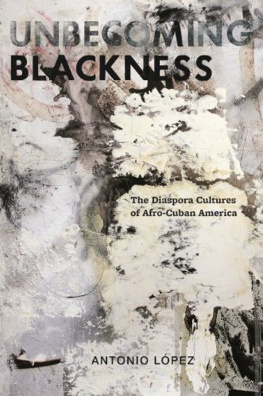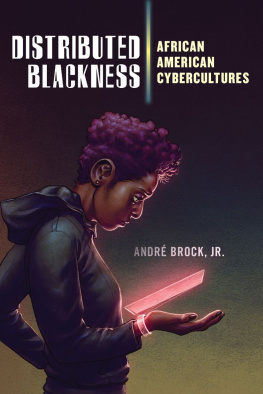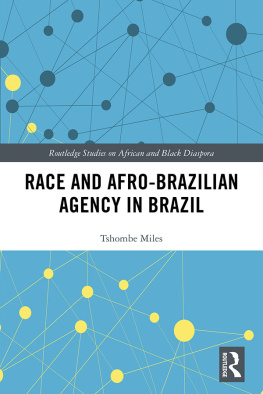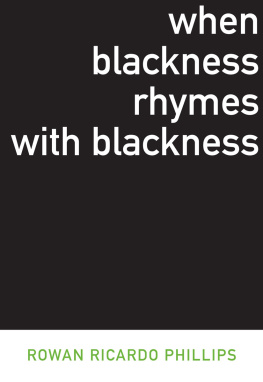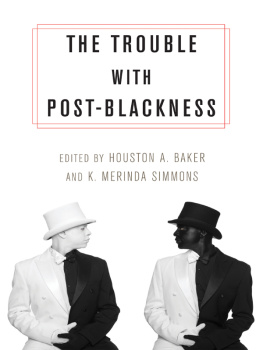Melissa Daniels-Rauterkus - Afro-Realisms and the Romances of Race: Rethinking Blackness in the African American Novel
Here you can read online Melissa Daniels-Rauterkus - Afro-Realisms and the Romances of Race: Rethinking Blackness in the African American Novel full text of the book (entire story) in english for free. Download pdf and epub, get meaning, cover and reviews about this ebook. year: 2020, publisher: LSU Press, genre: Art. Description of the work, (preface) as well as reviews are available. Best literature library LitArk.com created for fans of good reading and offers a wide selection of genres:
Romance novel
Science fiction
Adventure
Detective
Science
History
Home and family
Prose
Art
Politics
Computer
Non-fiction
Religion
Business
Children
Humor
Choose a favorite category and find really read worthwhile books. Enjoy immersion in the world of imagination, feel the emotions of the characters or learn something new for yourself, make an fascinating discovery.

- Book:Afro-Realisms and the Romances of Race: Rethinking Blackness in the African American Novel
- Author:
- Publisher:LSU Press
- Genre:
- Year:2020
- Rating:3 / 5
- Favourites:Add to favourites
- Your mark:
Afro-Realisms and the Romances of Race: Rethinking Blackness in the African American Novel: summary, description and annotation
We offer to read an annotation, description, summary or preface (depends on what the author of the book "Afro-Realisms and the Romances of Race: Rethinking Blackness in the African American Novel" wrote himself). If you haven't found the necessary information about the book — write in the comments, we will try to find it.
Winner of the SAMLA Studies Award
Honorable Mention for the MLA William Sanders Scarborough Prize
From the 1880s to the early 1900s, a particularly turbulent period of U.S. race relations, the African American novel provided a powerful counternarrative to dominant and pejorative ideas about blackness. In Afro -Realisms and the Romances of Race, Melissa Daniels- Rauterkus uncovers how black and white writers experimented with innovative narrative strategies to revise static and stereotypical views of black identity and experience.
In this provocative and challenging book, Daniels -Rauterkus contests the long -standing idea that African Americans did not write literary realism, along with the inverse misconception that white writers did not make important contributions to African American literature. Taking up key works by Charles W. Chesnutt, Frances E. W. Harper, Pauline Hopkins, William Dean Howells, and Mark Twain, Daniels- Rauterkus argues that authors blended realism with romance, often merging mimetic and melodramatic conventions to advocate on behalf of African Americans, challenge popular theories of racial identity, disrupt the expectations of the literary marketplace, and widen the possibilities for black representation in fiction.
Combining literary history with close textual analysis, Daniels -Rauterkus reads black and white writers alongside each other to demonstrate the reciprocal nature of literary production. Moving beyond discourses of racial authenticity and cultural property, Daniels -Rauterkus stresses the need to organize African American literature around black writers and their meditations on blackness, but she also proposes leaving space for nonblack writers whose use of comparable narrative strategies can facilitate reconsiderations of the complex social order that constitutes race in America.
With Afro- Realisms and the Romances of Race, Daniels- Rauterkus expands critical understandings of American literary realism and African American literature by destabilizing the rigid binaries that too often define discussions of race, genre, and periodization.
Melissa Daniels-Rauterkus: author's other books
Who wrote Afro-Realisms and the Romances of Race: Rethinking Blackness in the African American Novel? Find out the surname, the name of the author of the book and a list of all author's works by series.

